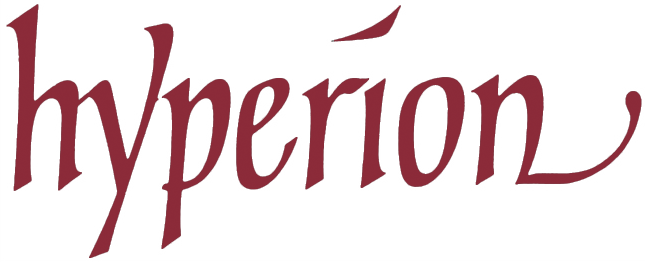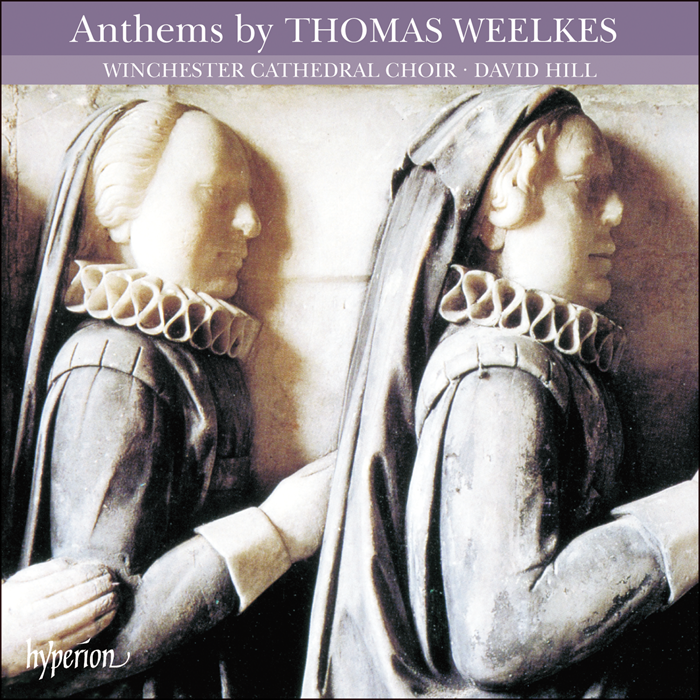Weelkes: Anthems
Winchester Cathedral Choir, David Hill (conductor)
CDA66477
By the end of the sixteenth century the musical forms employed in setting texts for liturgical use in the Church of England over the previous half-century had evolved into mature styles. The opportunities offered by the principal services of the Book of Common Prayer—Morning Prayer and Evening Prayer—consisted in the main of settings of the canticles from each service, and by far the largest proportion of these were for the Evening service canticles, Magnificat and Nunc dimittis, drawn from the Offices of Vespers and Compline respectively. Although some festal settings of Psalms survive, and there are some few settings of the Preces and Responses before the Psalms and after the Creed, it would seem that, in the main, Psalms were chanted in a simple manner. There was no direct provision within the Prayer Book for music at first. No allowance was made for ‘propers’, those texts which relate specifically to a particular feast day or season of the Church’s year, apart from the Collects or Prayers for the day, but a musical setting of an appropriate text, in English, might have been sung after the third Collect; in other words, at the end of the main part of the Office. Such ‘anthems’ quickly became the focus of musical repertoire for the Church of England, in that, unlike the never-varying texts of Magnificat and Nunc dimittis, the scope for selection of anthem texts and their musical treatment enabled a composer to provide something which might be entirely personal rather than merely dutiful, and which might also be a subtle reflection of the Latin proper texts ‘lost’ from the reformed Anglican liturgy.

